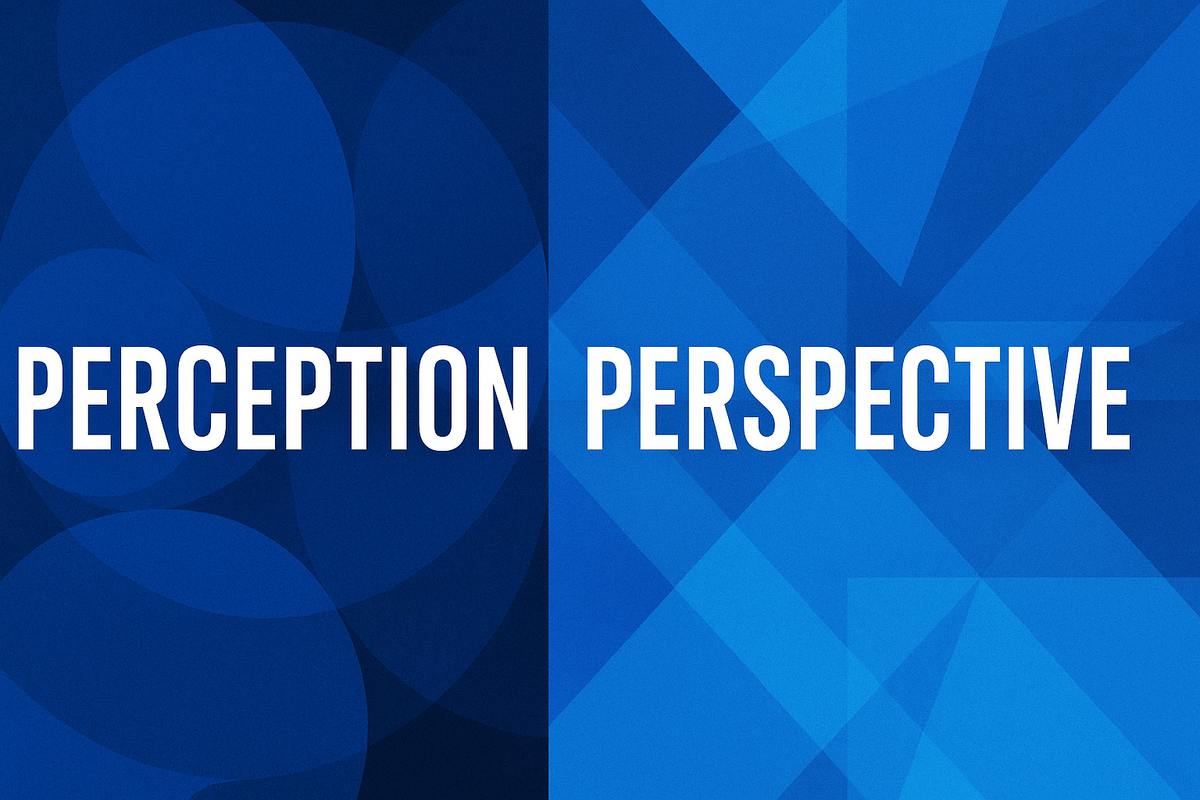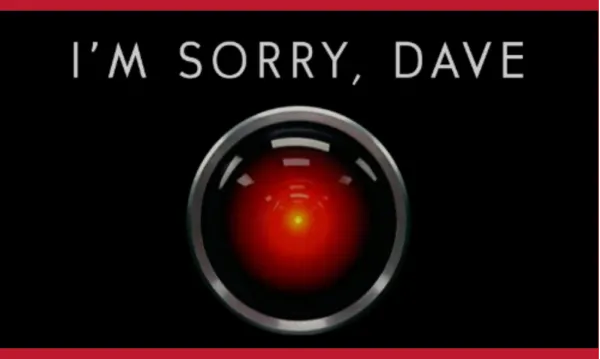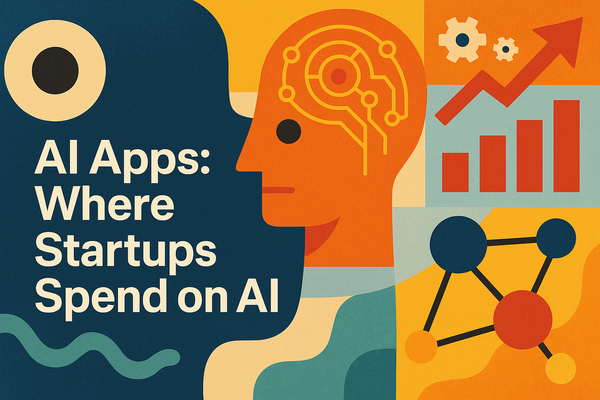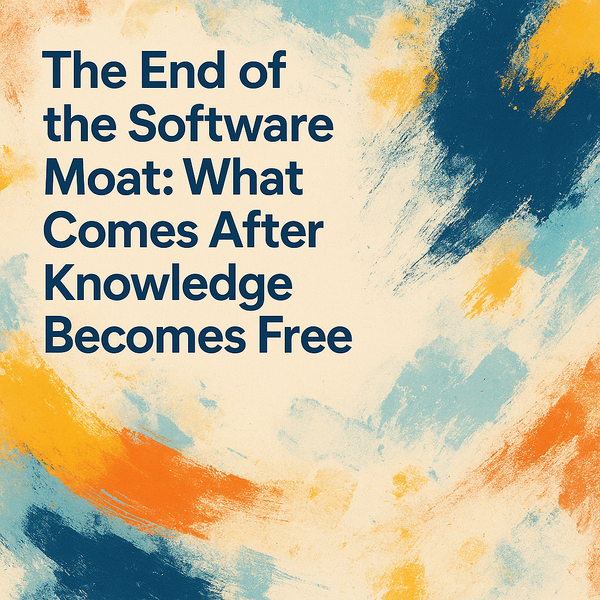The Perspective Advantage: Why Seeing Through Other Eyes Is the Ultimate Competitive Edge

We live in an era of endless negotiation. Trade deals, business mergers, political standoffs, workplace conflicts—hardly a day passes without someone, somewhere, trumpeting their superior negotiating prowess. President Trump reminds us of his deal-making genius with metronomic regularity. CEOs write books about crushing it at the bargaining table. Podcasts dissect the art of getting to yes, or no, or whatever answer serves your interests best.
All of which got me thinking about what actually makes someone good at persuasion, negotiation, or simply getting what they want without burning the world down in the process. After digging into the research, studying the case studies, and observing what separates the people who win once from those who keep winning, I kept coming back to a deceptively simple idea: the difference between perception and perspective. One keeps you locked in your own reality. The other gives you something close to a superpower.
This is that story.
The negotiation was going nowhere.
It was 1978, and Egyptian President Anwar Sadat and Israeli Prime Minister Menachem Begin sat at Camp David for thirteen days, wrestling with questions far more complex than any single issue. But one piece of the puzzle seemed particularly intractable: the Sinai Peninsula. The positions appeared irreconcilable. Egypt insisted on full sovereignty over territory lost in the 1967 war. Israel saw the Sinai as essential strategic depth—a buffer zone they couldn't afford to surrender.
President Jimmy Carter and his mediation team kept probing beneath the surface positions, asking variations of a deceptively simple question: What does each side actually need?
The breakthrough, when it came, revealed something fascinating. Egypt's core interest wasn't military positioning in the Sinai—it was the restoration of territorial sovereignty, a matter of profound national dignity. Israel's core interest wasn't who technically owned the peninsula—it was ensuring that Egyptian forces couldn't mass on their border. These underlying interests, while still challenging to reconcile, opened possibilities that the surface positions had obscured. The eventual agreement—return the Sinai to Egyptian sovereignty but demilitarize it—gave each side what it fundamentally needed, if not everything it initially demanded.
The Camp David Accords weren't the result of better arguing. They were the result of better seeing.
The Tyranny of Perception
Here's the problem with perception: it feels like truth.
When you walk into a negotiation, a sales pitch, or even a difficult conversation with your teenager, you're not experiencing reality. You're experiencing your brain's edited, personalized, heavily annotated version of reality. And that version feels so convincingly real that we forget it's a construction.
Cognitive scientists have a name for this. They call it "naïve realism"—the deeply held belief that we see the world as it truly is, while others who disagree with us are either misinformed, irrational, or biased. A Stanford study led by Emily Pronin found that we readily recognize bias in others but remain remarkably blind to it in ourselves. We think we're objective observers. Everyone else is watching through a distorted lens.
This wouldn't matter much except for one thing: every person you're trying to persuade, sell to, or negotiate with is laboring under the exact same illusion about their own perception.
And that's where most people get stuck. They try to win by arguing harder, presenting more facts, making a more compelling case for their reality. They're essentially trying to force someone else to see through their eyes. It almost never works. It's like trying to win a war of attrition—even if you eventually prevail, the victory is pyrrhic.
The Perspective Shift
Perspective is different. Perspective isn't about what you see. It's about understanding what someone else sees—and more importantly, why they see it that way.
Consider the case of Howard Moskowitz, a market researcher who revolutionized the food industry in the 1980s. He was hired by Campbell's to develop the perfect spaghetti sauce. For years, Campbell's had been asking focus groups what they wanted: "Do you prefer plain, spicy, or extra chunky?" They kept getting contradictory answers. The data was maddening.
Moskowitz did something radical. Instead of asking people what they wanted, he created dozens of prototype sauces and measured what they actually chose. He discovered something the industry had missed: there is no perfect spaghetti sauce. There are perfect spaghetti sauces. Plural. The data revealed distinct clusters of preference—some people genuinely preferred plain, others wanted spicy, and a substantial segment craved extra chunky, even though few had articulated this preference when directly asked.
Campbell's launched Prego Extra Chunky and made hundreds of millions of dollars. Not because they argued more persuasively that their sauce was best. Because they stopped trying to impose their perception of what people should want and instead adopted the perspective of understanding what people actually wanted.
The distinction matters enormously. Perception is singular, fixed, and centered on you. Perspective is multiplicitous, flexible, and centered on understanding.
The Empathy Machine
There's a moment in negotiations that experts call "the click." It's when you suddenly understand not just what the other person wants, but why they want it—the fears, the incentives, the constraints, the hopes that make their position make perfect sense from their vantage point.
Chris Voss, a former FBI hostage negotiator, describes this as the moment when you can summarize someone's position so accurately that they say, "That's right." Not "you're right"—that's capitulation. "That's right" is recognition. It's the sound of someone feeling deeply understood.
And here's the paradox: when people feel understood, they become more flexible. Not less.
Negotiation researchers have found this pattern repeatedly: negotiators who invest time understanding the other party's underlying interests tend to reach better agreements than those who lead with their own positions. Understanding perspective doesn't weaken your position. It's a force multiplier.
This is the superpower we're talking about. Not the ability to win arguments through superior logic or more forceful presentation, but the ability to find the angle of opportunity that was invisible from your own vantage point.
The Three Dimensions of Perspective
Adopting perspective isn't just about being nice or empathetic, though those are pleasant side effects. It's about gaining informational advantage. When you understand someone else's perspective, you have access to three things that perception alone can never give you:
The Angle of Attack. You see the vulnerabilities and openings in your own position that you'd never notice from inside your own perception. The death-row lawyer who understands the prosecutor's perspective knows exactly which argument will sound like a betrayal of justice and which will sound like moral courage. She can navigate around the prosecutor's defenses instead of smashing into them.
The Common Ground. Remember Camp David. The common ground wasn't in the positions—those were irreconcilable. It was in the underlying interests, which only became visible when both sides moved from defending perceptions to exploring perspectives. Most impasses have this structure. The surface positions conflict, but the deeper interests often align more than anyone suspects.
The Angle of Opportunity. This is where the real magic happens. When you understand multiple perspectives simultaneously, you can see solutions that are invisible to people trapped in their own perception. You become the person in the room who can say, "What if we tried this?" and everyone wonders why no one thought of it before. The answer is simple: no one else was standing where you're standing.
From Zero-Sum to Infinite Game
The shift from perception to perspective fundamentally changes the nature of the game you're playing.
When you're trapped in perception, every interaction is zero-sum. Your reality versus theirs. Someone wins, someone loses. The pie is fixed, and you're fighting over slices.
But perspective opens up what game theorists call "integrative bargaining"—the ability to expand the pie itself. This is what happened at Camp David. This is what happened when Moskowitz realized people wanted different things from spaghetti sauce. This is what happens in every great business deal, every successful partnership, every thriving relationship.
Consider Netflix's evolution. In 2000, Reed Hastings approached Blockbuster with an offer to sell Netflix for $50 million. Blockbuster's executives passed. The simplified version of this story frames it as pure failure of vision, but the reality involved legitimate concerns about profitability, existing infrastructure investments, and market uncertainty. Still, the contrast is instructive: Blockbuster optimized for defending their existing model. Netflix optimized for understanding what customers would want if friction disappeared. The different perspectives led to dramatically different strategies.
We know how this story ends. Not because Netflix won an argument, but because they won at seeing.
The Practice of Perspective
The good news is that perspective-taking is a skill, not a talent. You can get better at it. Here's the interesting part: it's not about being more empathetic or emotionally intelligent, though those help. It's about being more curious and more rigorous.
The best perspective-takers ask themselves three questions:
What does the other person see that I don't? Not "what do they believe that's wrong?" but genuinely: what information, experience, or constraint do they have access to that I don't? When someone's position seems irrational, it's usually because you're missing a piece of their map.
What do I want them to do, and what would make that feel like a win from their perspective? Not "how can I persuade them my way is better?" but "what would need to be true for them to enthusiastically choose this path?" The second question finds solutions. The first finds resistance.
What solution would I propose if I were optimizing for everyone's interests simultaneously, including my own? This is the Camp David question. It forces you to hold multiple perspectives at once, which is cognitively demanding but almost always generative. The answer is rarely what either side was initially proposing.
The Limits of Perspective
Before we conclude, a necessary caveat: perspective-taking isn't a magic wand that makes all conflicts disappear.
Some negotiations involve genuine zero-sum elements. When two companies bid for the same acquisition, when resources are truly scarce, when values fundamentally clash—understanding perspective helps, but it doesn't eliminate real conflicts of interest. Power dynamics, institutional constraints, and cultural differences all shape outcomes in ways that good perspective-taking alone can't overcome.
The point isn't that perspective replaces strategy, leverage, or preparation. It's that perspective enhances them. It gives you more options, better information, and creative approaches that pure position-taking misses. Think of it less as a replacement for traditional negotiation skills and more as a multiplier that makes everything else more effective.
The Perspective Advantage
We live in a world that increasingly rewards people who can navigate complexity, build coalitions, and create value rather than capture it. These are all fundamentally perspective-dependent skills.
The person who wins the argument but loses the relationship may have optimized for the wrong thing. The salesperson who closes the deal but creates buyer's remorse often leaves money on the table. The leader who imposes their vision without understanding their team's reality may build on unstable ground.
Meanwhile, the person who can step outside their own perception and genuinely inhabit another perspective—that person has access to a different game entirely. They see opportunities where others see obstacles. They find alignment where others find conflict. They create options where others see only trade-offs.
This is not about abandoning your own perception or pretending all perspectives are equally valid. Your perception matters. Your interests matter. Your reality matters.
But when you add perspective to perception—when you can see through your eyes and understand how things look through theirs—you gain something invaluable: strategic optionality. You can choose where to compete, where to collaborate, where to create something entirely new.
The greatest victories often don't come from winning arguments. They come from seeing what others miss, understanding what others overlook, and creating solutions that make everyone wonder why they didn't think of it first.
That's not just good strategy. That's the perspective advantage.
And once you have it, you'll never want to see the world any other way.




